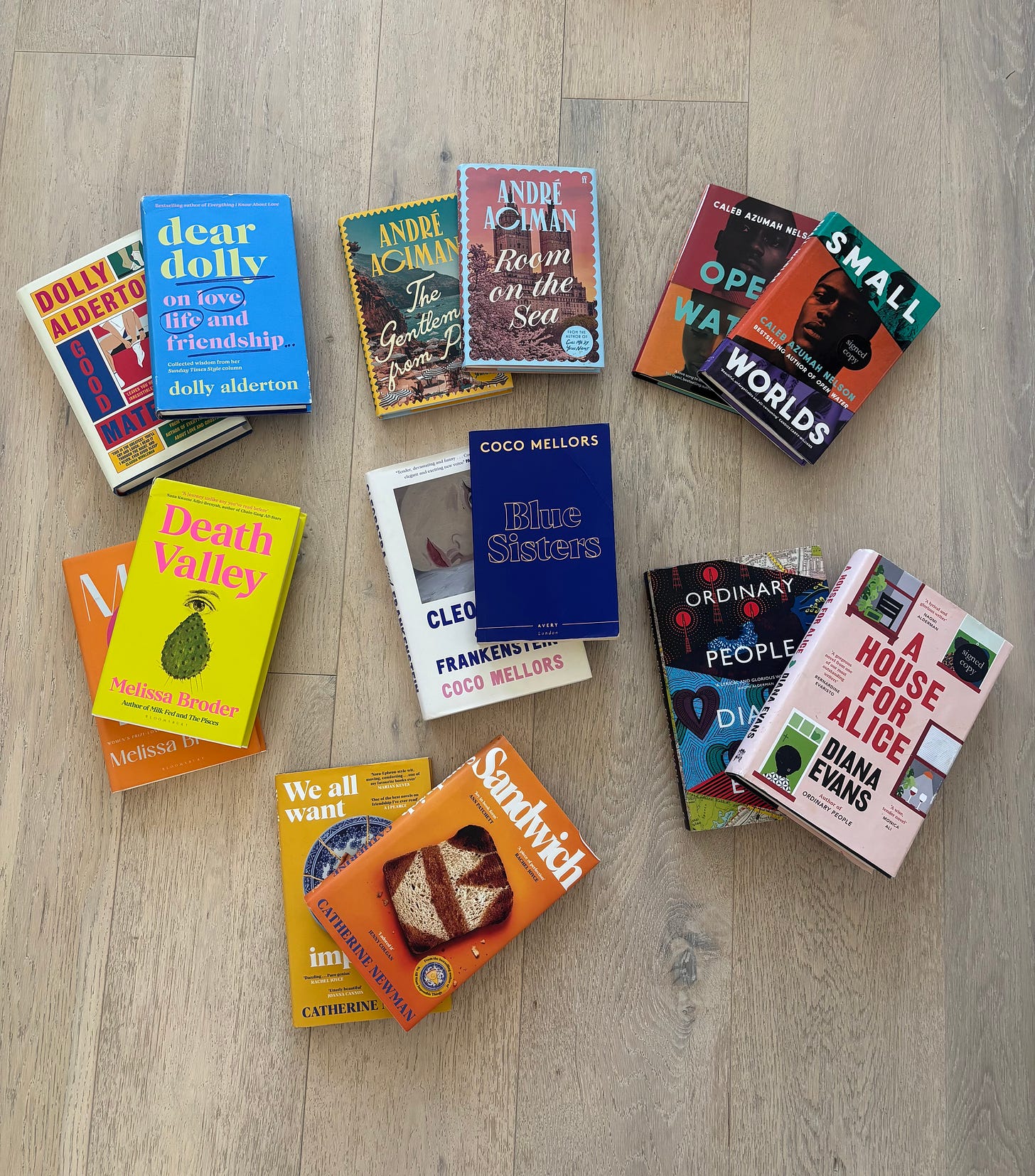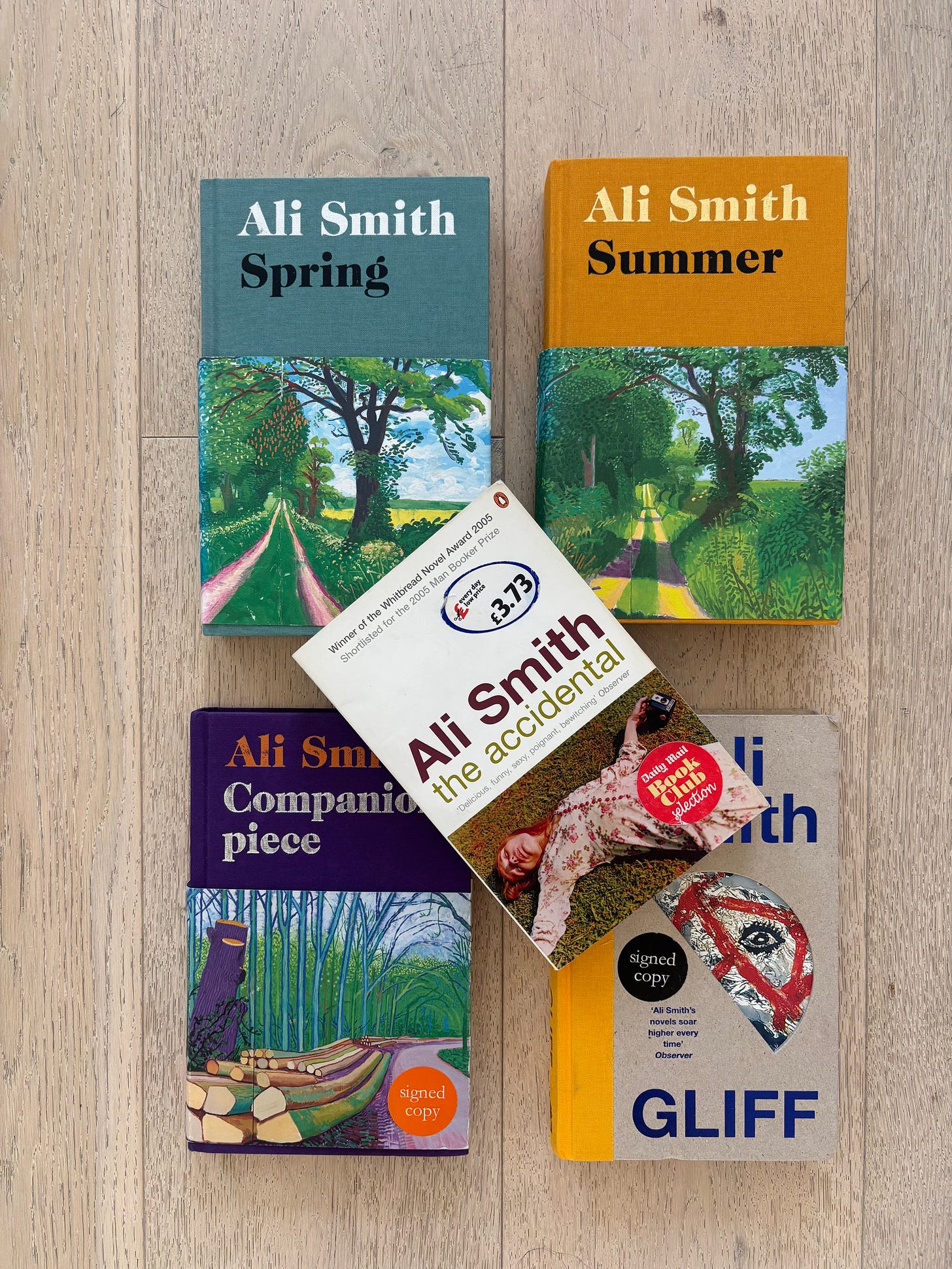Lately, I’ve been thinking about auto-buy authors. These are those authors whose new books you’d buy without even reading a synopsis. They might not even be your favourite writers — if you find it easier to define yours than I do! — but just those whose names you gravitate towards in a bookshop or whose new novels make it onto your wishlists. They’re special because you believe in them; you’re prepared to throw your hard-earned cash at their hardbacks because you trust they’ll be good. Do you know who’s on your list, and have you ever stopped to consider how or why?
Debuts
Let’s start at the beginning, with the debuts.
There’s so much talent out there, so many fresh voices to discover and new stories to introduce to the world. Supporting first-time authors in the run up to publication day might be my favourite part of the business; while the shine never disappears, publishing your first book must be an incomparable feeling.
So much of the industry’s money and energy goes towards promoting debuts, and there’s something quite spectacular about a whole team coming together to launch a new writer’s career. I’ll get into this another time, but there’s a whole lot of hard work involved in publishing a successful debut, from the blurbs to the marketing materials, as well as an author’s personal brand and social media strategy. Publishers hustle, hoping that a book will become a bestseller, appear on prize lists and earn out its advance, and debut novels are one of their biggest ways to make money.
Often, debut novelists are signed under two-book deals, and so their publisher’s financial success is not only tied to their first novel but also the second manuscript they deliver. There’s usually a time pressure — an author may be contracted to deliver the first draft of Book 2 a year or so after publication of the first, for example — and I have no doubt that this expectation drains a lot of the joy and creativity from the writing process. You’d think it would be more enjoyable to write a second book with one publication already under your belt, but authors famously suffer from ‘second novel syndrome’. It must be stressful and anxiety-inducing.
Then, when they author’s finally delivered the book and it’s been edited, announced and scheduled for publication and the PR campaign begins, we start to get a sense of a) how well the first book performed (vs projected sales and earnings) and b) how much the publisher believes in the author’s second book. At this point, they’re trying to set an author up for a lasting career, while also holding onto them and making sure the agent doesn’t decide to shop around for a better deal for Book 3. Again, a large part of a second book’s success is down to the publisher’s spend, but by this point, it’s also down to the public. Do we readers trust this author to deliver a similarly impactful novel? Of course, we can read reviews (or our favourite bookish substacks ;) ), but what makes us decide someone is an auto-buy author? Can you think of any debut novels you’ve loved so much that you’d read whatever the author writes next? Recent examples of auto-buy second novels from my own bookshelves include Natasha Brown’s Universality, Jenny Mustard’s What a Time to Be Alive, Catherine Newman’s Sandwich and Rebecca Watson’s I Will Crash.
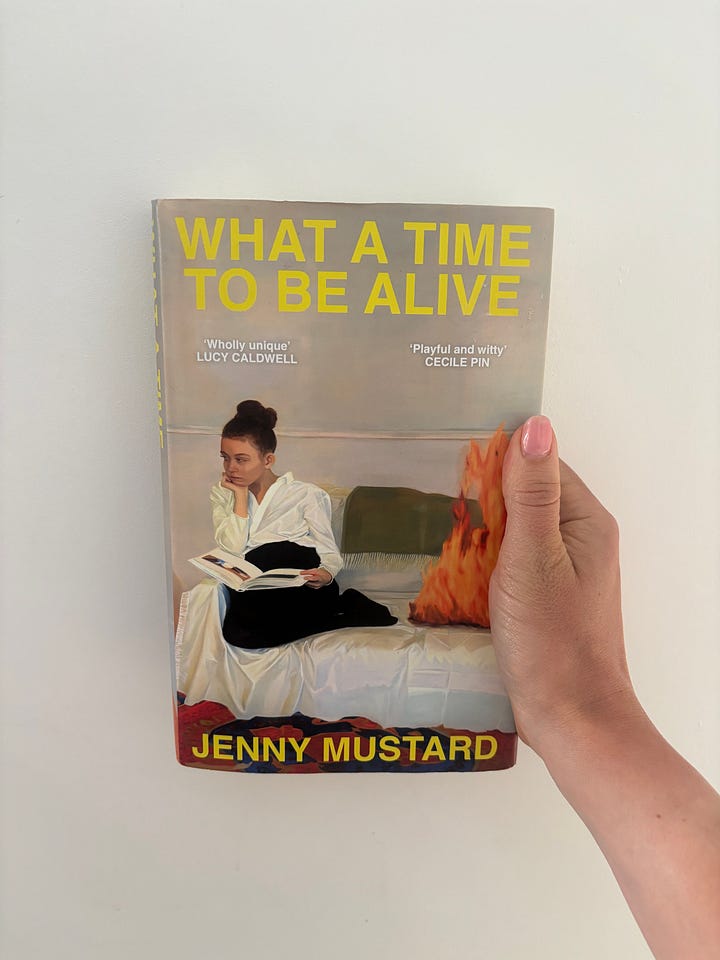
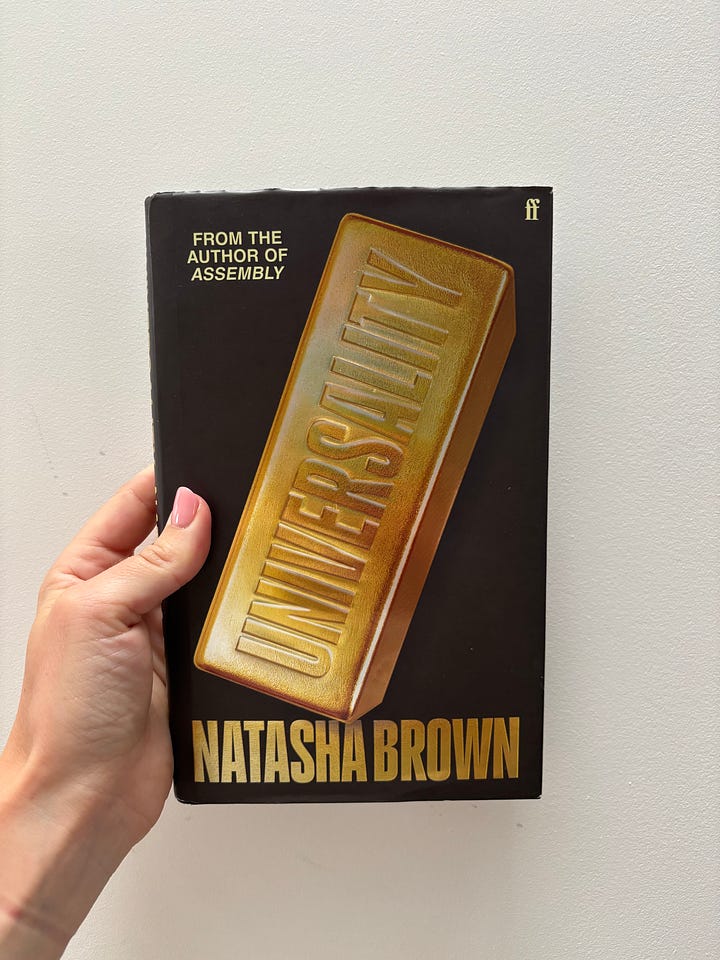
Career authors
Of course, the goal is for the author to continue churning out bestsellers and make their way firmly onto readers’ auto-buy lists. This is what makes a literary career — I hate to say it, but most book deals won’t be enough for the author to quit their day job straight away — and it’s what publishers hope for when they sign with new writers. From Emily Henry and Taylor Jenkins Reid to Chimamanda Ngozi Adichi and David Nicholls, it’s not just about their literary talents, but the public’s reception to the author. An author becomes a household name, so the publisher invests more in their next book, and so on…The more you understand about how the industry works, the easier it is to be cynical. I’ll hold myself back from writing a whole substack about it, but if you’re interested, I’d suggest you read this thought-provoking piece about the predictive media model.
Although the big publishers have more power here, that’s not to say that indies can’t have several auto-buy authors (and of course, it’s all subjective anyway). Just look at Fitzarraldo’s success with Annie Ernaux, Olga Tokarczuk and Fernanda Melchor, or the fact that Catherine Lacey, Sayaka Murata and Nicola Barker are all still published by Granta, even though they could probably get bigger advances from the Big Five at this point in their careers. Again, that’s opening up another can of worms (I could write yet another post all about the different experiences an author will get if they’re published by a corporate vs independent publisher), but I’ll try to stay on-topic.
My real point is this: there are great authors everywhere, but how do you decide which writers you love or trust enough to automatically buy their new books? Who, if anyone, is special enough for you to pre-order? Which authors would you buy tickets to see speak at an event? Do they tend to be newer authors, who get lots of buzz and media time, or are they more experienced, ‘career authors’, whose whole oeuvre you’ve read and love?
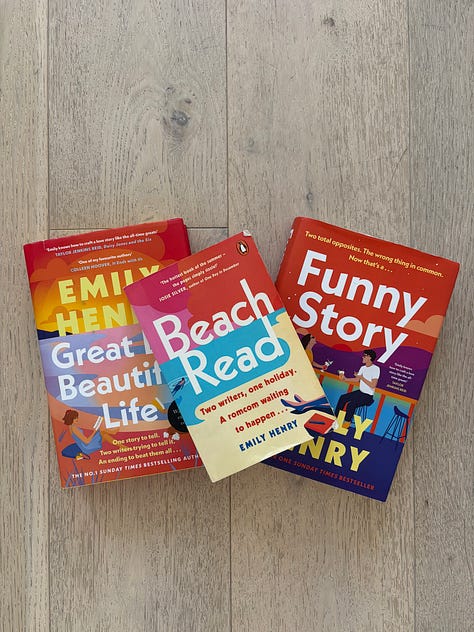
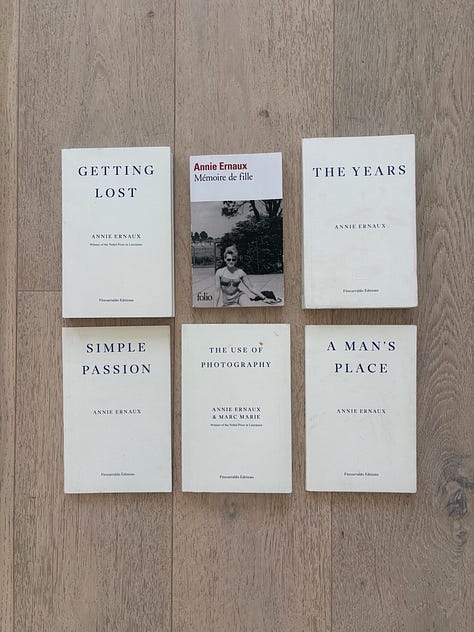
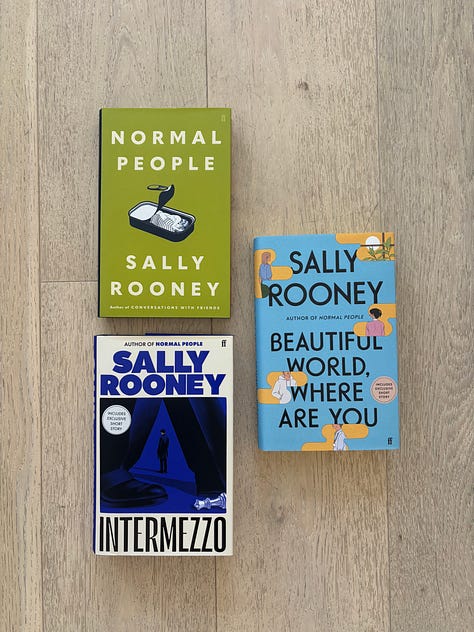
Backlists
I’ve been thinking about backlists recently, partly because I’ve been starting to look through my books ahead of moving house (it didn’t take long for me to decide not to get rid of any of them), and also because some recent freelance work has given me the opportunity to read a couple of older titles by authors I love. Since devouring Maggie O’Farrell’s 2013 Instructions for a Heatwave (how incredibly appropriate in this 30 degree weather) and realising it might be my favourite book of the year, I’ve been asking myself why I don’t read more backlist titles. There are quite a few well-established authors on my auto-buy list whose early work I haven’t read much of, including Ann Napolitano, Curtis Sittenfeld, Ann Patchett, even Ishiguro! Or Zadie Smith — I devour every new essay, short story or novel she publishes, but I still haven’t read On Beauty or The Autograph Man, and I never finished White Teeth, her award-winning debut.
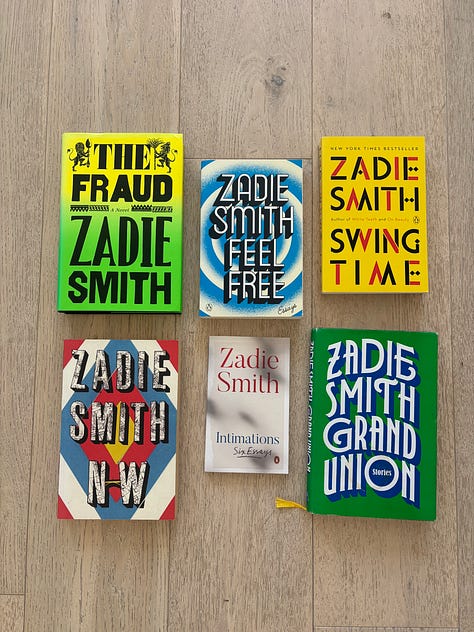
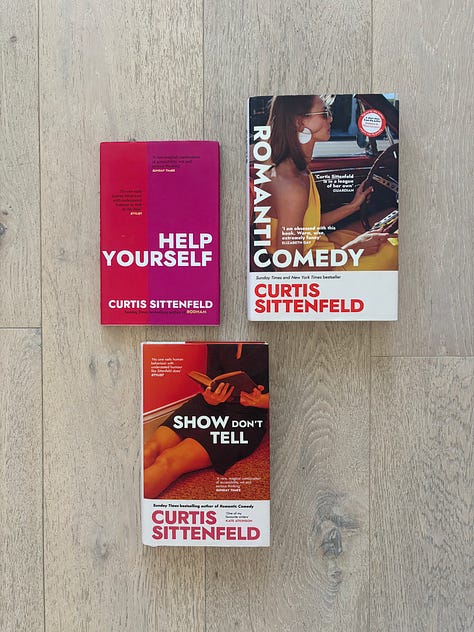
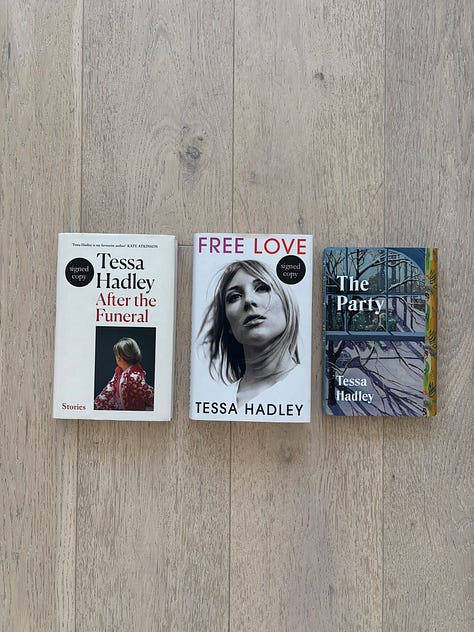
There are lots of reasons why readers forget about backlist titles. It could be that an author has been honing their skill over the years, or that their latest book has somehow struck gold. It could also be that a publisher has simply decided to invest more in marketing and PR for this new book — I’m sure I’m not the only reader whose first introduction to the work Barbara Kingsolver was the 2023 Pulitzer and Women’s Prize-winning Demon Copperhead, even though she’d already had several bestsellers. Or look at Bernardine Evaristo, whose 2019 Booker Prize win led to her being described as an ‘overnight success’, although she’d already been writing for over 40 years. Evaristo was recently awarded a one-off Women’s Prize Outstanding Contribution Award, and it’s great to see her getting the recognition she deserves.
Of course, the most obvious explanation is consumerism. Why go to the library when you can spend £19.99 on a brand new book with sprayed edges and a shiny, holographic cover? Sure, I could claim that I gravitate towards new publications because I work in publishing and I like to keep my finger on the pulse, but I also just love novelty. I’m guilty of believing the next best thing will be better than the last best thing, and I know this isn’t true. Who knows if I’ll enjoy a book that won the Booker Prize in the 90s more than a novel that a Big Five publisher is cynically pushing as ‘the new Normal People’, but it’s worth giving these older titles a try, rather than always reaching for the auto-buy books.
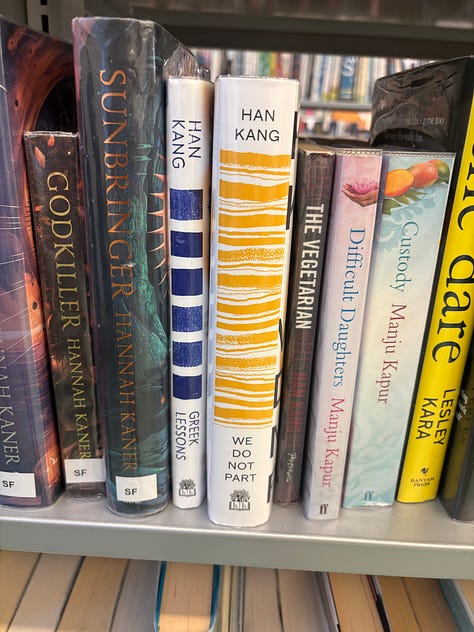
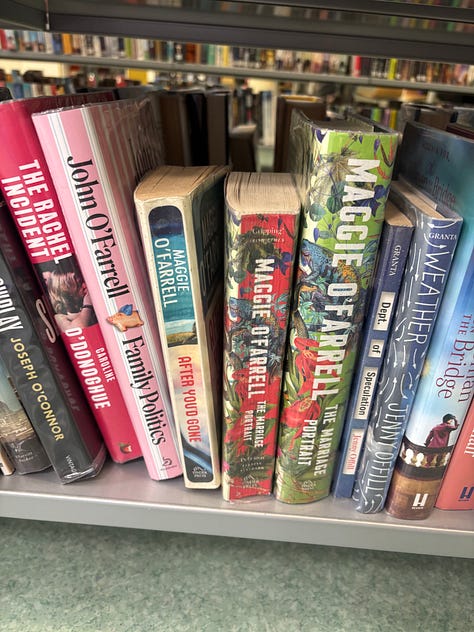

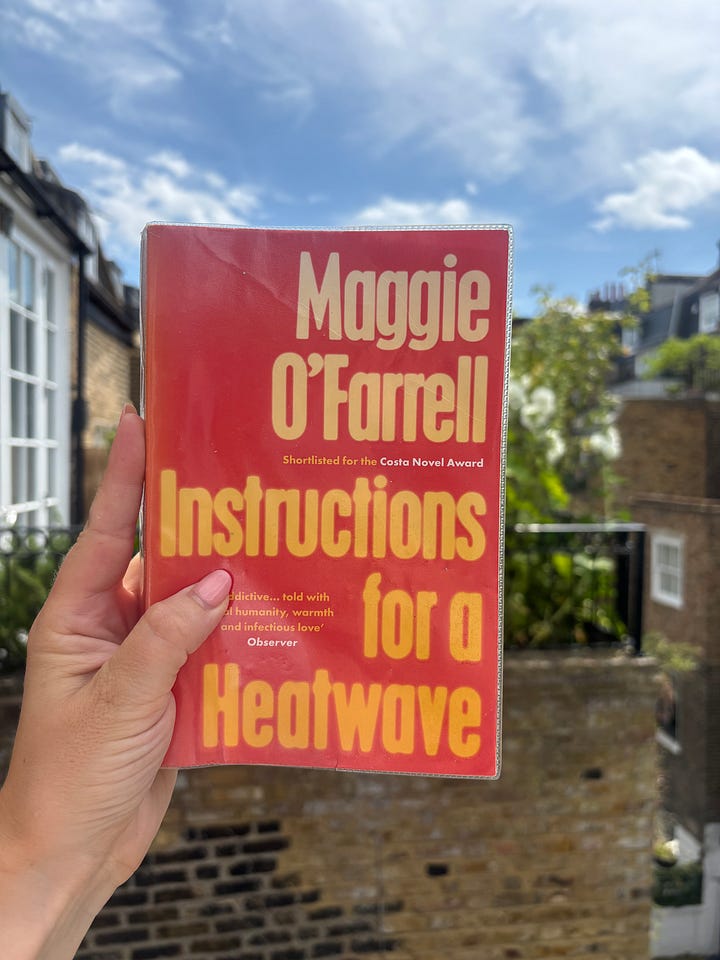
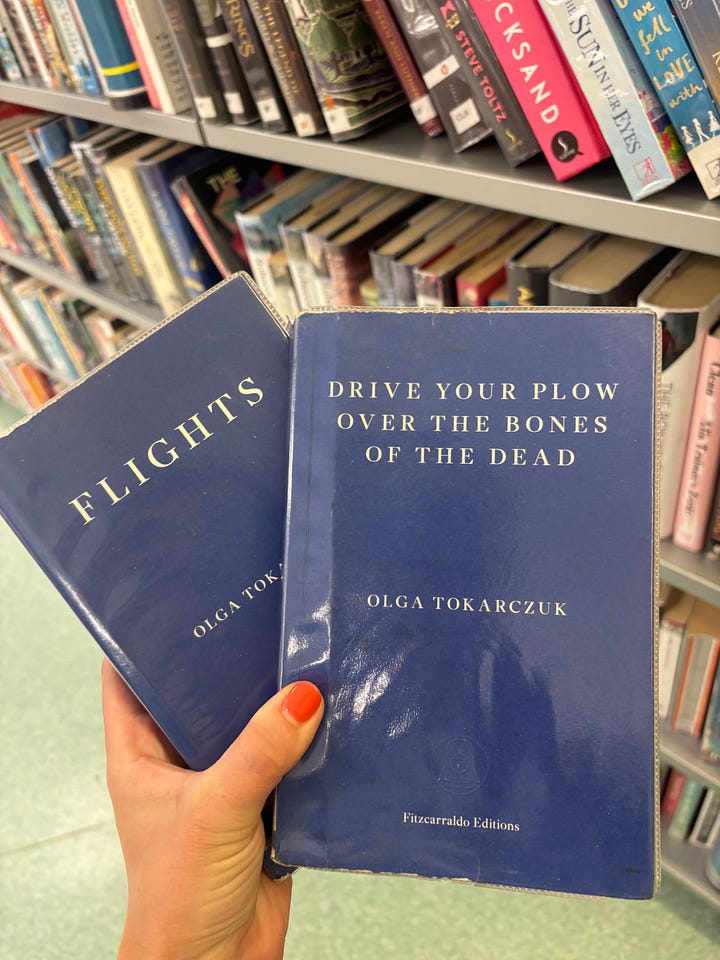
Classic vs contemporary
Then we get to the age-old conversation about classic literature, and whether any contemporary novels can compare to the timeless masterpieces students study at school and university. I’m one of the rare publishing people who didn’t study English at uni (I did French and Spanish, which was still pretty much all literature) and I haven’t read as many of the classics as I’d like to, but I’d certainly put Flaubert, Proust and García Márquez on my auto-buy list if I could. (They actually published one of García Márquez’s books posthumously last year, without his permission, and the recent publication of Joan Didion’s private diaries has caused a similar controversy. I’d say auto-buy authors make the most sense when they’re still alive and are involved in the publication process, but I suppose reissues can also become auto-buys too.)
Great literature taps into universal human experiences, which is why the work of Tolstoy, Austen and even Homer still resonates today. I’ve written before about the slow reading trend I’ve noticed on here, and it’s great that Substack has created a space for more people to discuss classic literature: see Henry Oliver’s The Common Reader, Hayley Larsen's’s Middlemarch book group and Postcard by Elle’s Intro to 20th century classics reading syllabus.
On the other hand, there’s something reassuring and refreshing about seeing your own experience reflected in writing. Literature that features cultural moments such as social media, the pandemic or the rise of AI can help us process and understand what we’re living through. For example, Ali Smith has been on my auto-buy list since her Seasonal Quartet, where she wrote about contemporary British politics in as close to real-time as is possible in traditional publishing. That’s before we even think about non fiction, which is usually best when fresh and relevant, yet is becoming less popular overall. Do you have any non fiction authors on your auto-buy list?
What to read next?
Ultimately, it all comes back to my new year’s reading resolutions: to use my local library, to pick up more classics and to read more according to my mood, as opposed to only going for new publications or ‘must-read’ books I’ve seen all over social media. Reading more consciously requires slowing down, turning in and removing all judgement and expectations. It’s not that there’s anything wrong with auto-buy books — this anticipation is one of the most special parts of the publishing experience — but it’s also worth pausing sometimes to ask yourself: ‘what do I actually want to read next, and why?’ In this world of constant consumerism, it feels so good to rediscover the purer joys of reading: scanning the library shelves and discovering an underrated backlist title; pre-ordering the new book by your favourite author so you can start reading it the day it comes out; asking your loved ones to recommend their favourite books so you can understand them better.
I know not everyone thinks about the contents of their bookshelves as neurotically and analytically as I do, and that’s why I’m here! I write this newsletter to share what I’ve been reading and thinking about, but I never want to be prescriptive. I feel so flattered when people automatically buy books I’ve recommended simply because they trust my taste (I love you!!), but I also like to encourage readers to think about their own book choices. We have so little time, we might as well read what we want to read!
If you’re ever stuck for what to read next, here are some of my auto-buy authors, but I’d also recommend you try to come up with your own list using the prompts below.
My auto-buy authors
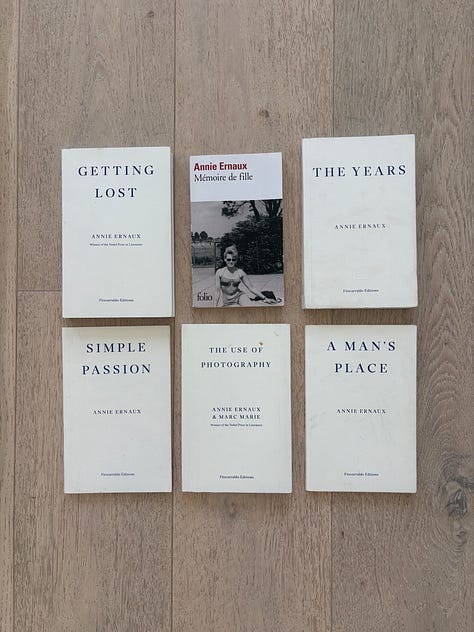
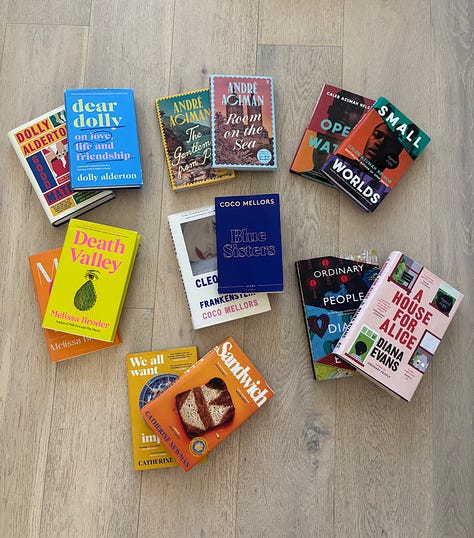
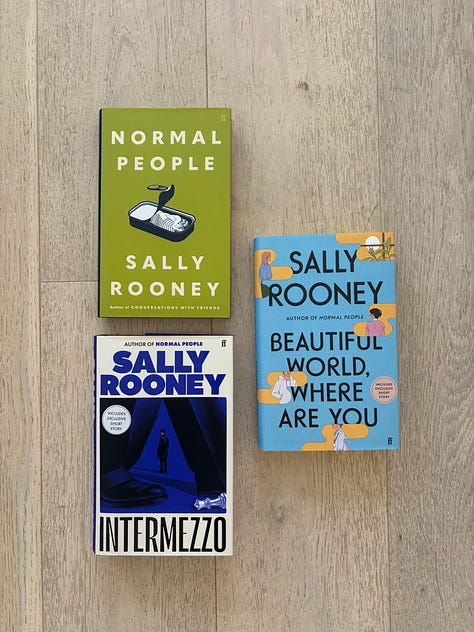
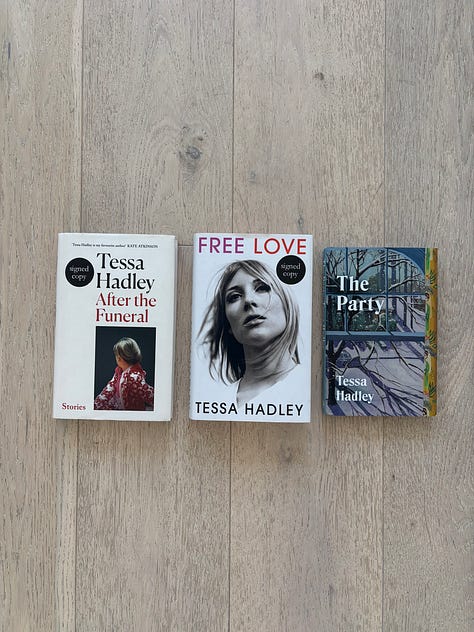

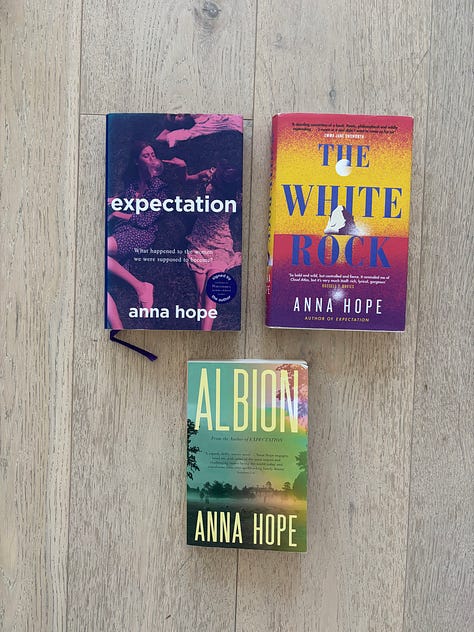
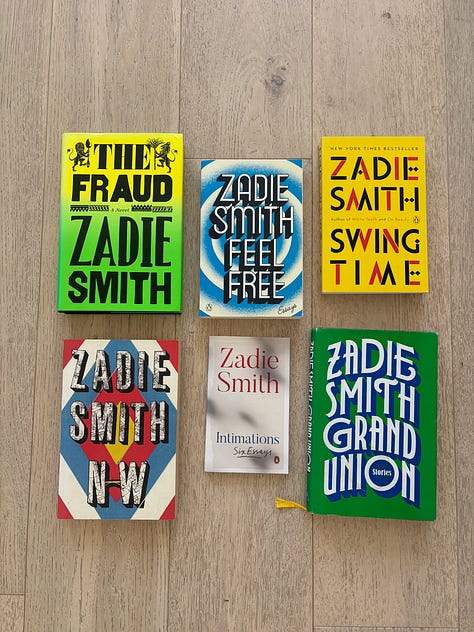
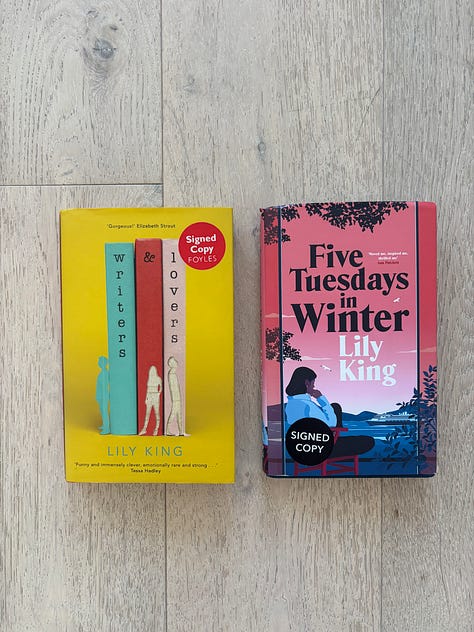
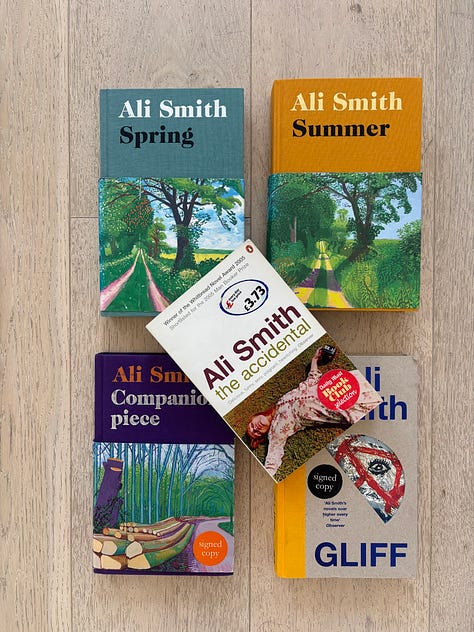
Authors who had ‘big’ debuts and made their way onto my auto-buy list straight away:
Caleb Azumah Nelson
Megan Nolan
Natasha Brown
Naoise Dolan
Catherine Newman
Coco Mellors
Diana Evans (although I didn’t enjoy her second book so her place is up in the air…)
I’ve read everything they’ve written:
Sally Rooney
Annie Ernaux
Melissa Broder
Dolly Alderton
Leslie Jamieson
On my auto-buy but I haven’t read their whole backlist:
Zadie Smith (she has a new book coming in October!)
Curtis Sittenfeld
Tessa Hadley
Emily Henry
Anna Hope
Ali Smith
Kazuo Ishiguro
Lily King (her new book has been announced and is on my wishlist)
Questions to ask yourself
Think of five of your favourite novels. Do these books have anything in common? Maybe in genre, writing style, themes?
Have you read any other books by these authors? If so, did you like them?
Have a look at your bookshelves. Do any authors appear more than once? More than twice? Would you say they’re your favourite authors?
Imagine you had £20 to spend at a bookshop of your choice. Is there anything on your wish list at the moment? If not, you might like to look at the shop’s website or Instagram - does anything take your fancy? Do you tend to gravitate more towards authors you know already or are you more excited about finding new voices?
Imagine you’ve forgotten to pack a book for your holiday, so you go to WH Smiths at the airport. What do you buy? What kind of books do you like to read when you go away? Would you look at the charts section, or (assuming you have time) do you prefer to browse the blurbs?
How do you decide what to read next? Do you use social media, Goodreads, a physical TBR pile, your local library? Do you ever struggle to choose? Why not try a backlist title of one of these auto-buy authors?
Thank you for reading! I’ll be back soon with a more standard reviews and recommendations post, but let me know what you thought about this slightly different format. I always love to hear from readers, whether in the comments, over email, by text or IRL <3




